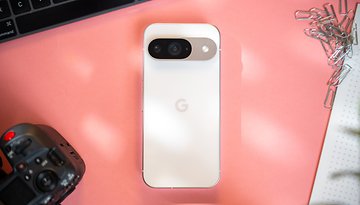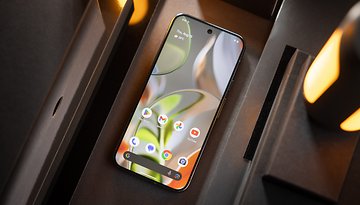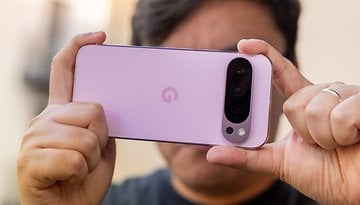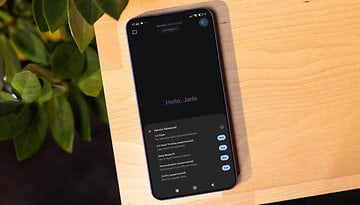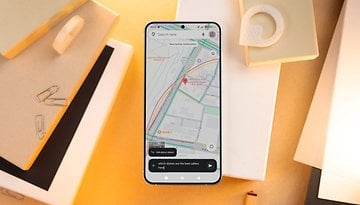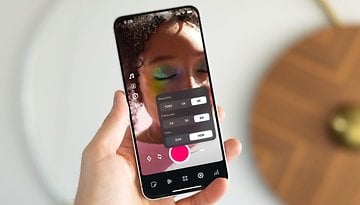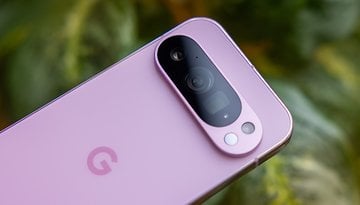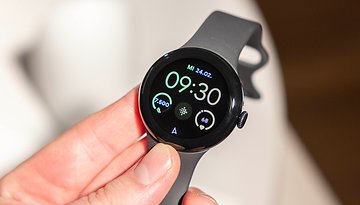Is Pixel 9 Sharing Personal Data? Google Debunks Data Packet Claims
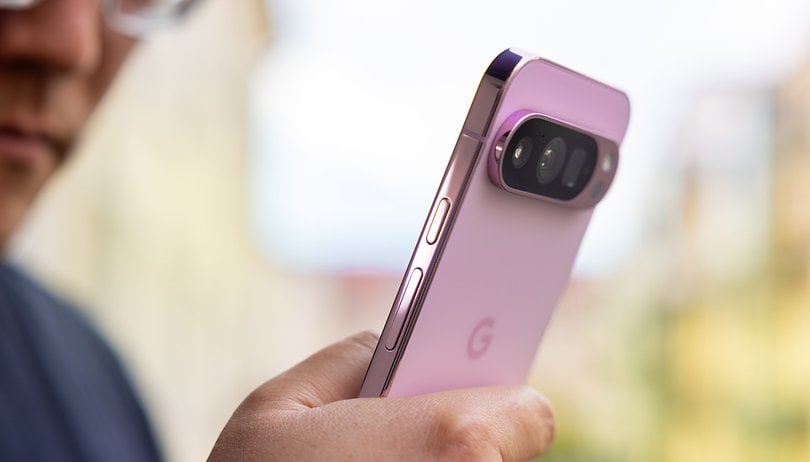

Read in other languages:
While the hype about the Pixel 9 has seemingly subsided, Google's latest flagship seems to be in the spotlight again, but for a different reason. A recent finding has raised concerns about excessive data transmissions in the Pixel 9. Now, the internet search giant has responded refuting the claim.
Over this week, Cybernews released its report and found that the Pixel 9 Pro XL (review) regularly sends a "packet" of user's data to Google's servers every 15 minutes and check-in process every 40 minutes. These data include the sensitive information device's current location, firmware version, and network status as well as the user's email and phone number, and other forms of Personal Identifiable Information or PII.
Even so, researchers from the outlet said the Pixel 9 Pro XL tried to download and execute new codes periodically without instruction from the user. It highlighted that this increases the potential security risks in the device.
Additionally, it found that the handset has been tapping Google Photos' Face Grouping feature and resources despite the user not using the app. According to Cybernews, this is more alarming because this type of Google service uses biometric information such as a person's face to process the data.
Google doesn't deny the data transmissions in Pixels
In response to the report, a Google spokesperson told Forbes that this practice of data transmission is normal and necessary across its devices. It also refutes that the report "lacks crucial context, misinterprets technical details, and doesn’t fully explain that data transmissions are needed for legitimate services."
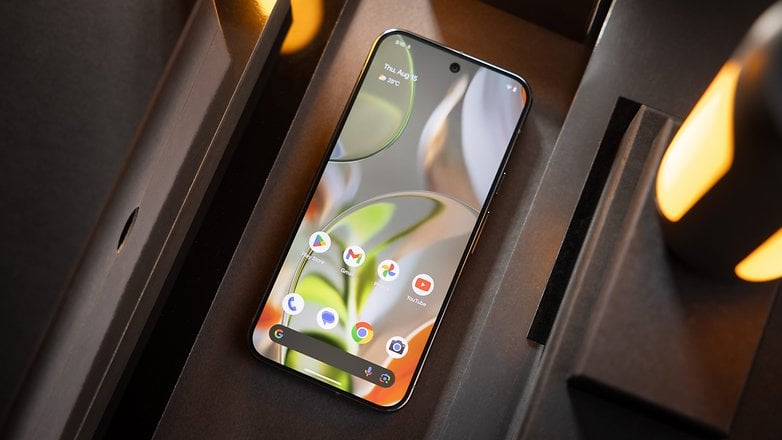
Google also emphasized how it handles user security and privacy. It added that users have available settings on their devices to manage personal data sharing and app permissions.
Developers from GrapheneOS have chimed in about the report and said that periodic data phoning is common among Android devices and even on iPhones and is used for authentication and configuration. The firm even added that some manufacturers send these data more frequently than Google.
However, Cybernews noted that Google's practice here is "excessive" and does not align with the established rules. At the same time, it said that this leaves users no "explicit consent" or much direct control over how they should opt for data sharing.
What are your thoughts about data sharing in Pixel devices? Do you think you would opt into this knowing you're sensitive information are sent to Google frequently? We're eager to hear your opinion.
Via: GrapheneOS on X Source: Forbes






